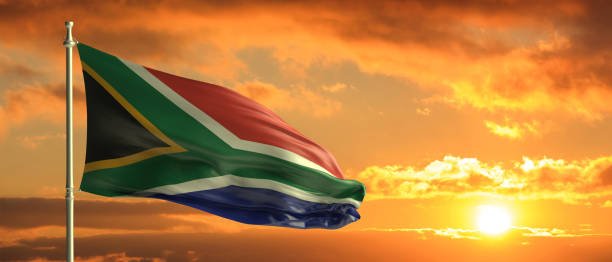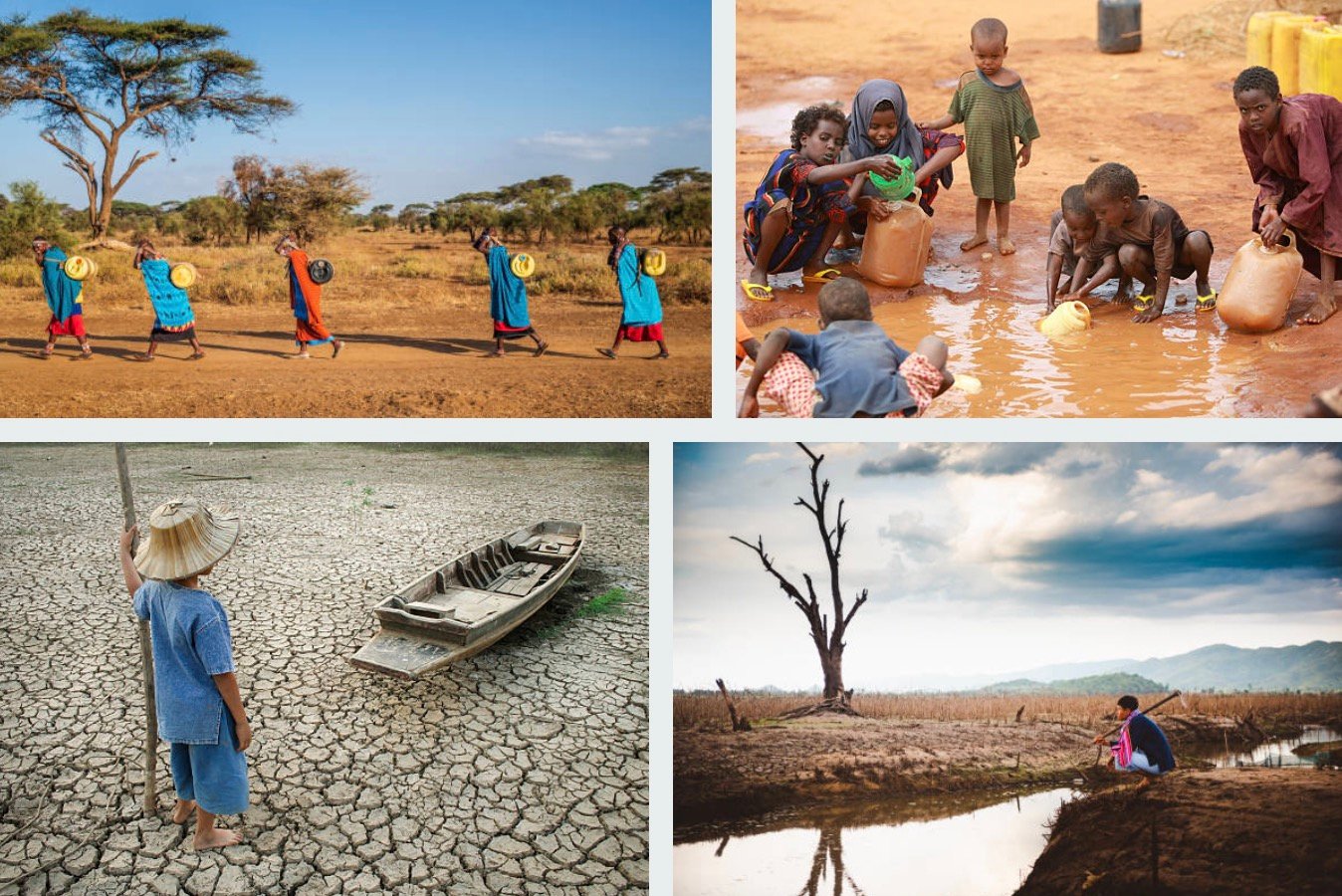Why do the youth in South Africa seem not interested in valuing a safe and living environment within their communities? In the South African...
On this page we will discuss the three levels of State Government and their responsibilities in South Africa. There is a working relationship between the three spheres of government in South Africa.
Did you know? A government is the system or group of people governing an organized community, generally a state. In the case of its broad associative definition, government normally consists of legislature, executive, and judiciary.
List of Three levels of State Government and their responsibilities/ Functions in South Africa
South Africa is a constitutional democracy with a three-tier system of government and an independent judiciary. The national, provincial and local levels of government all have legislative and executive authority in their own spheres, and are defined in the Constitution as distinctive, interdependent and interrelated.
The Constitution of South Africa sets the rules for how government works. There are three spheres of government in South Africa:
National government
Responsibilities:
- national defence,
- the criminal justice system (safety and security, courts),
- higher education,
- water and energy (electricity) resources
- administrative functions (home affairs, collection of national taxes).
Provincial government:
Responsibilities:
Provinces are responsible for social services like:
- education,
- health and social development;
- economic functions like agriculture and roads;
- provincial governance and administration which include the legislature, provincial treasury, local government and human settlements.
Local government
Responsibilities:
- to provide democratic and accountable government for local communities;
- to ensure the provision of services to communities in a sustainable manner;
- to promote social and economic development;
- to promote a safe and healthy environment; and
- to encourage the involvement of communities and community organisations in the matters of local government.







